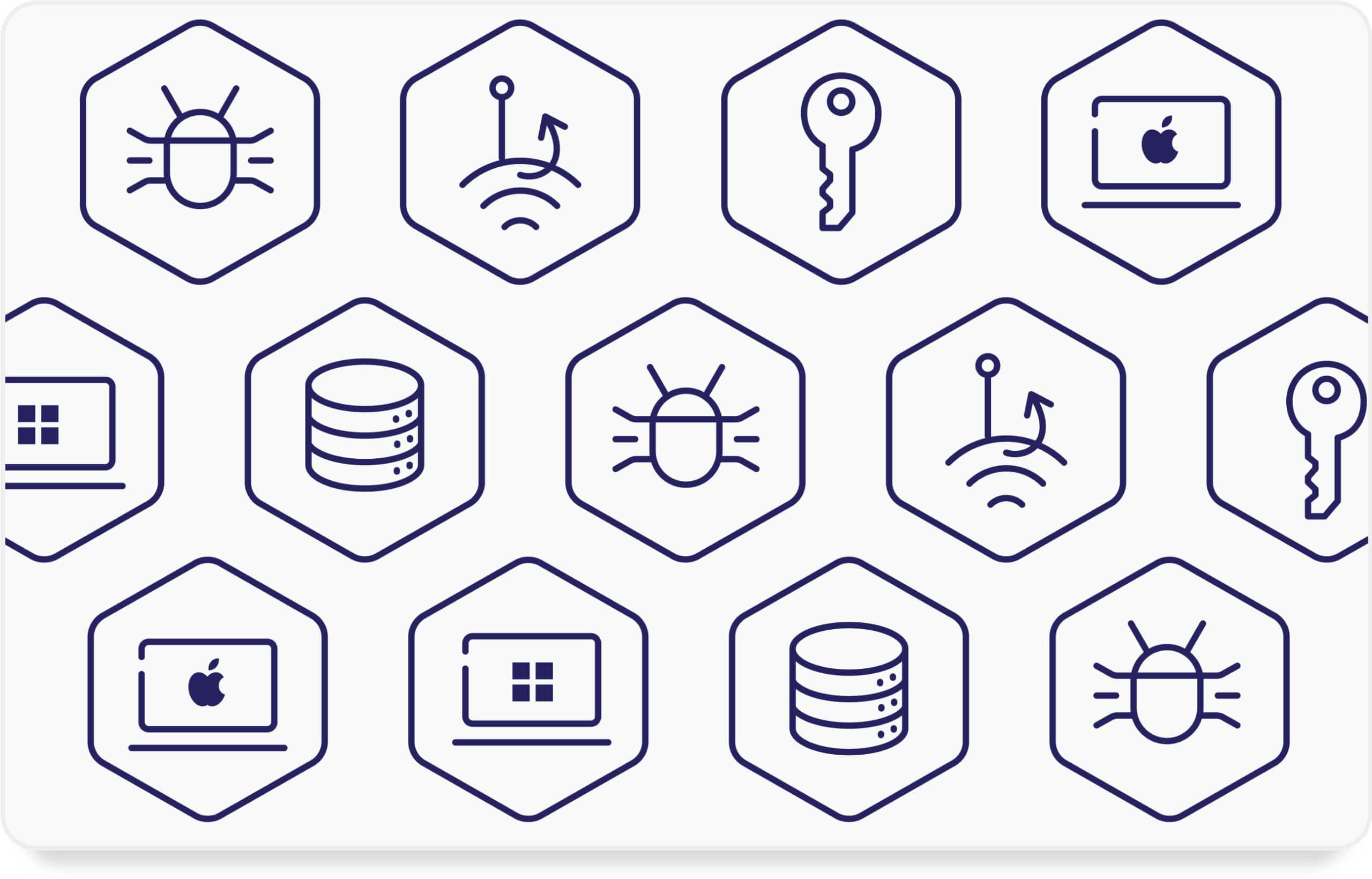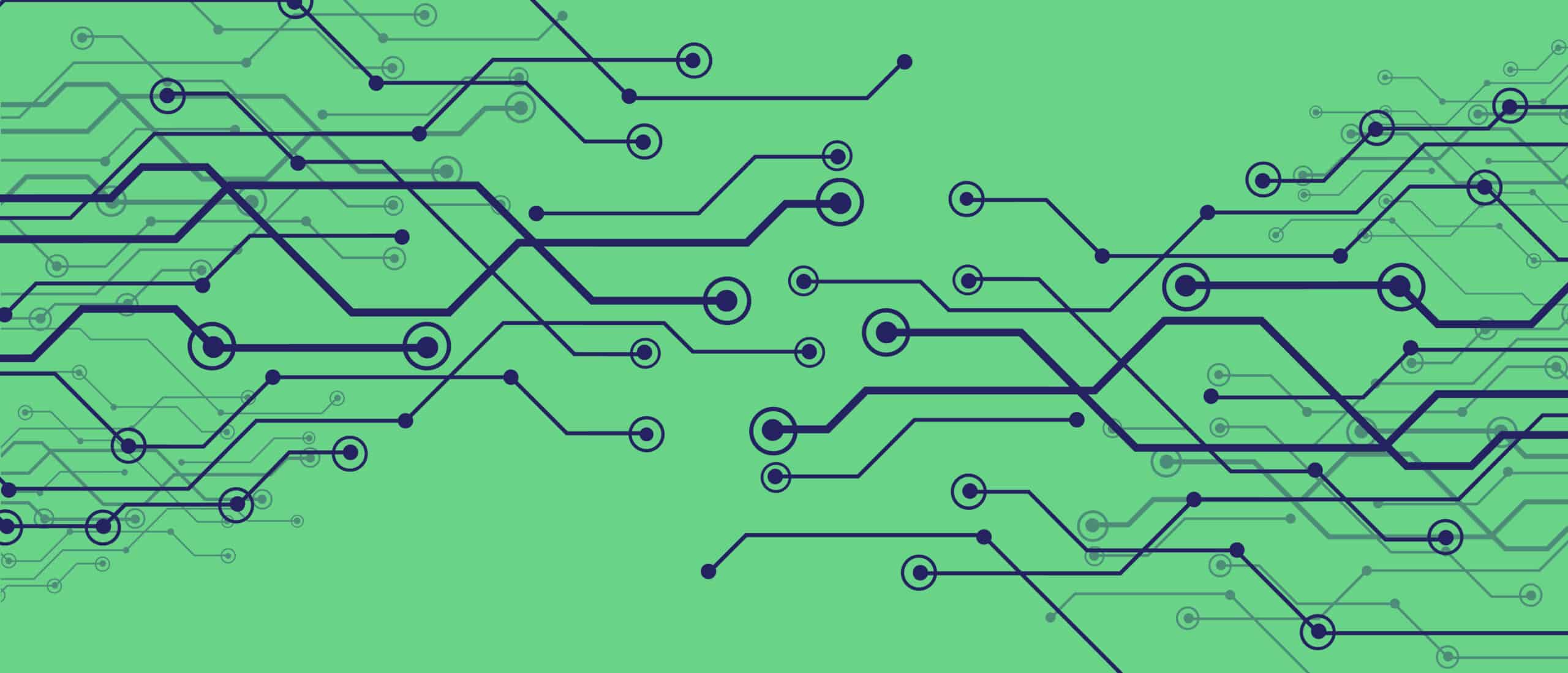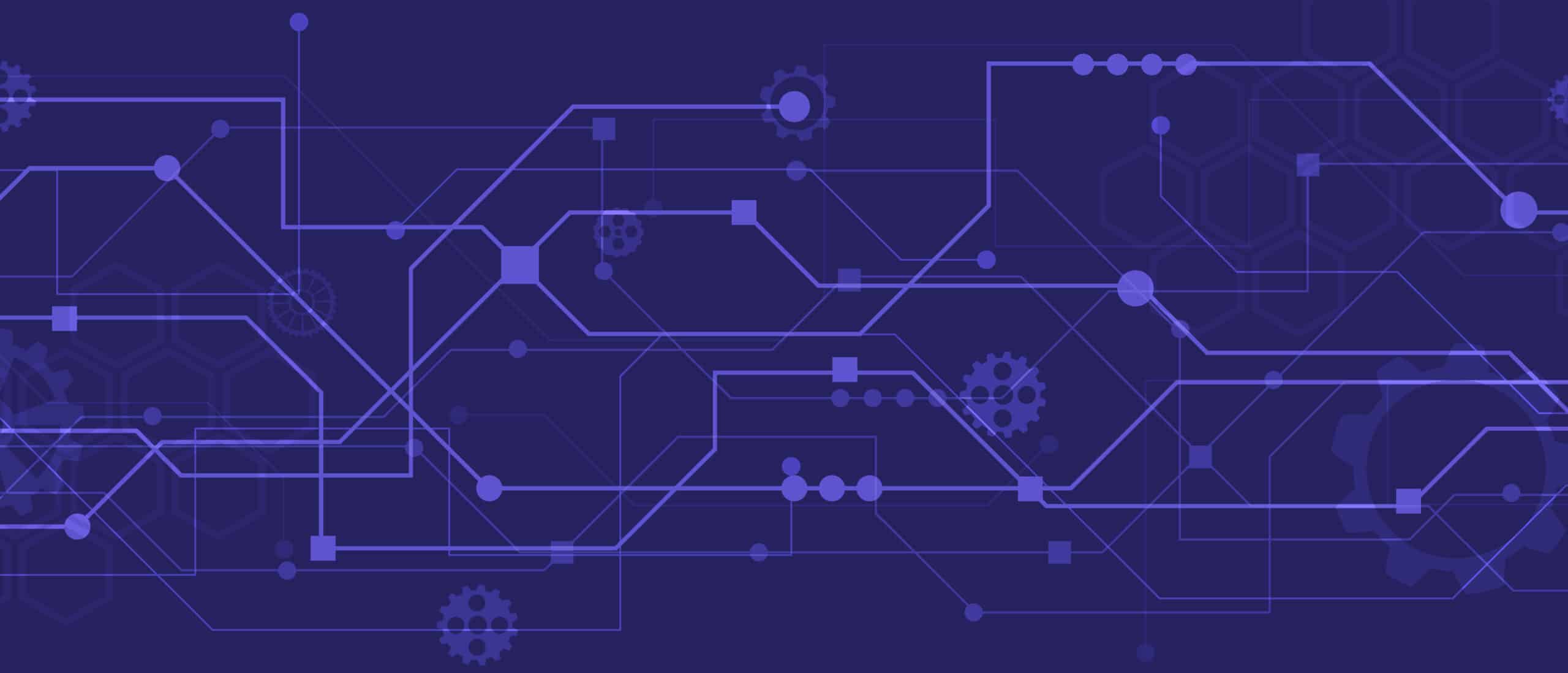Wars used to be waged on a physical battlefield, with countries pitting tanks and troops against one another. Today, the arena has shifted to the digital realm, and governments are not the only ones under attack. If businesses don’t start preparing their defenses, they may become collateral damage in a broader cyber war.
How Do State-Sponsored Cyberattacks Work?
Cyber warfare—the digital root of many modern conflicts—uses computer networks and technology to target and disrupt nations. Unlike traditional warfare, cyber warfare’s impact extends beyond the virtual realm, causing physical damage to critical infrastructure like power grids and nuclear facilities.
Cyber attacks are typically anonymous, disguised, and rerouted through multiple accounts, which means it can be extremely difficult to identify the source of the attackers. The anonymity of the attacks is why most nations are hesitant to launch any counterattack, which has the ability to intensify global tensions and escalate conflicts.
In many ways, cyber warfare has leveled the playing field, enabling countries without traditional military might to exert influence on the global stage. Cyber programs require fewer resources and are less conspicuous than nuclear weapons development. Countries like Iran and North Korea have already demonstrated the ability to launch cyberattacks against more powerful nations like the United States.
Unfortunately, unlike traditional warfare, where appropriate targets for conflict are clearly identified, there are no rules or treaties that try to limit collateral damage – in fact, nation-states have demonstrated a willingness to go after private businesses. Malicious software can stay dormant in networks and computer systems for years as these attackers attempt to steal sensitive data and gather intelligence about organizations’ most critical IT systems.
In September 2020, for example, Marriott Hotels International announced that it had suffered a data breach that affected more than 500 million Marriott Bonvoy guest records. The breach occurred in 2018 but was not discovered until 2020. The attackers stole personal information, including names, email addresses, passport numbers, and travel dates.
A History of State-Sponsored Cyberattacks
The origins of state-sponsored cyber warfare can be traced back to the early days of computing, usually with intelligence-gathering as its objective. For example, the United States and the Soviet Union engaged in cyber operations to gain access to each other’s classified information during the 1960s and 1970s.
The emergence of hackers and the development of the first computer viruses marked a turning point in the 1980s. The Morris worm of 1988—the first significant cyberattack to impact the internet—highlighted the growing threat of cyber warfare. The next ten years saw a surge in cyber espionage as countries like China and Russia employed hacking techniques to gather sensitive information from other nations.
Russia’s cyberattack on Estonia’s national infrastructure in 2007 served as a wake-up call for governments worldwide, demonstrating the potential of cyber warfare to disrupt critical services. This incident and subsequent state-sponsored hacking campaigns, corporate espionage, and intellectual property theft have amplified the stakes, making targeted cyberattacks a top-tier global security concern.
The Biggest Government Players In Cyber Warfare
These are just a few of the big players in state-sponsored cyber warfare. The list of countries that are developing and using cyber warfare capabilities probably won’t surprise anyone, but it’s growing all the time. Some of the most prominent players include:
- The United States: The United States is considered to be one of the most capable cyber warfare powers in the world. The Cyber Command, a sub-unified command of the United States Department of Defense, is responsible for conducting cyber operations on behalf of the US government. The Cyber Command has a variety of capabilities, including offensive cyber operations, defensive cyber operations, and information security.
- China: China is another major cyber warfare power. The Chinese government has been accused of using cyber warfare to steal intellectual property, conduct espionage, and influence elections. China has also invested heavily in developing its cyber warfare capabilities. In 2015, the Chinese government created the Strategic Support Force, a new military organization that is responsible for cyber warfare and other forms of asymmetric warfare.
- Russia: Russia is a powerful cyber warfare actor that has been accused of carrying out a variety of attacks, including the 2016 interference in the US presidential election. Russia has also been accused of using cyber warfare to target critical infrastructure in other countries. The Russian government has denied its involvement in cyber attacks, but experts believe that Russia is one of the most sophisticated cyber warfare powers in the world.
- North Korea: North Korea is a smaller cyber warfare actor, but it is still considered to be a threat. North Korea has been accused of carrying out attacks on financial institutions, government agencies, and public and private organizations. North Korea has also been accused of developing cyber weapons that could be used to target critical infrastructure.
- Iran: Iran is a growing cyber warfare power that has been accused of carrying out attacks on a variety of targets, including oil and gas companies, financial institutions, and government agencies. Recently, Iran has been accused of targeting US water plants. Iran has also been accused of developing cyber weapons that could be used to target critical infrastructure.
What Are the Consequences of a State-Sponsored Attack?
The convergence of tactics between state-sponsored attackers and cybercriminals poses significant challenges.
Organizations face a race against time when software developers publicly release patches in response to nation-state vulnerability exploits because opportunistic cybercriminals immediately take action and attempt to infiltrate systems before the patches are applied.
Add to that the fact that sophisticated tools are being developed and released on a global scale, like the EternalBlue offensive toolkit, which cybercriminals continued to exploit successfully for years after its initial disclosure.
National Security Risks
It goes without saying that these attacks pose a threat to national security as well as international relationships. DDoS attacks, phishing scams, ransomware, denial-of-service attacks, and social engineering attacks all can lead to the acquisition of sensitive data, such as trade secrets, military plans, and diplomatic communications.
Many cyber attacks can also physically impair transportation or energy and communication systems, which can cause havoc in healthcare, financial, and emergency service businesses. Sensitive data can also be stolen and used for financial gain or malicious intent.
There’s also political consequences. Cyber attacks can be used to influence elections, undermine political institutions, and spread disinformation, as seen with the Russian interference in the 2016 US presidential election.
Economic Risks
Attacks are no longer carried out by one state against another state. Businesses can be targeted directly or suffer unintended damage as a consequence of a state-sponsored attack. Here are just a few recent examples:
- 2021 Colonial Pipeline ransomware attack: In May 2021, the Colonial Pipeline, a major pipeline operator in the United States, was hit by a ransomware attack that caused a widespread shutdown of the pipeline. The attack caused fuel shortages and price spikes in the southeastern United States. The attackers demanded a ransom of $45 million, which Colonial Pipeline paid.
- 2021 JBS ransomware attack: In June 2021, JBS, the world’s largest meat processor, was hit by a ransomware attack that forced it to shut down operations in the United States, Australia, and Canada. The attack caused meat shortages and price spikes around the world. The attackers demanded a ransom of $11 million, which JBS paid.
- 2021 Kaseya ransomware attack: In July 2021, Kaseya, a software company that provides IT management services, was hit by a ransomware attack that affected thousands of businesses around the world. The attack forced many businesses to shut down their IT systems, causing widespread disruption. The attackers demanded a ransom of $60 million but ultimately agreed to accept a smaller amount.
- 2021 Microsoft Exchange Server vulnerabilities: In March 2021, Microsoft disclosed four vulnerabilities in its Exchange Server software that could be exploited by attackers to take control of vulnerable systems. The vulnerabilities were quickly exploited by attackers, who used them to launch a wave of cyberattacks against businesses and organizations around the world.
Looking ahead
It’s very likely that these attacks are only going to continue in severity as well as volume. We know that other methods, such as hacktivism, are slated to impact global conflicts, elections, and even the Olympics.
Organizations have to take a proactive and holistic approach to cyber security, which should include security measures like continuous monitoring, regular vulnerability assessments, and prompt patch applications to protect their company and customer data.
At Coro, we offer protection from state-sponsored attacks throug our comprehensive platform that provides a range of security modules that can be snapped together to create a customized solution. Coro’s modules are all enterprise-grade (at an SMB price point) and have been designed to work together seamlessly, providing businesses with the best possible protection against state-sponsored attacks. Learn more.




















